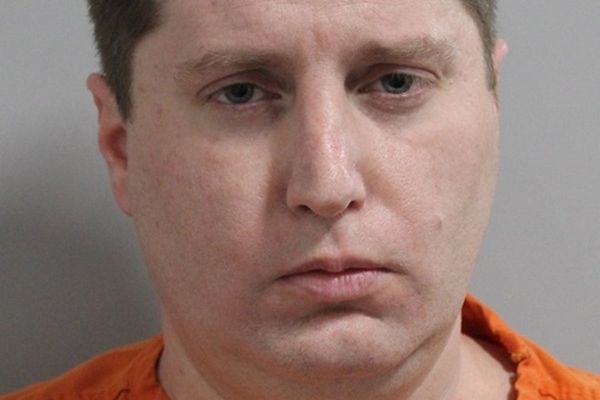Jocelyn Dhu has seen more desperation than most while working on the frontlines of alcohol addiction in Alice Springs.
The Eastern Arrernte woman has watched people from all walks of life come through her door.
Some for the first time, others for the tenth, but all battling shame, stigma and a sense they are "too far gone".
But Ms Dhu knows that's never the case.
"You have to see the person," she said.
"When you look at an individual, and you see their stories, and why alcohol or drugs became a problem for them — that's what you need to fix."
Desperate for better facilities
Alice Springs has attracted frenzied national attention in recent weeks amid a crime crisis.
Liquor has been recognised as a major driver behind issues in the town.
However, the NT's peak drug and alcohol body said frontline addiction services had been chronically neglected by all levels of government.
Association of Alcohol and Other Drug Agencies NT chief executive Peter Burnheim said some issues could have been mitigated or reduced by more investment in the sector.
Drug and Alcohol Services Australia, where Ms Dhu works as deputy chief executive, is just one Alice Springs service calling for help.
It recently had to clear clients out of its ageing residential rehabilitation facility, Aranda House, because of a cockroach and bed bug infestation.
Ms Dhu said it had sparked a waitlist of about 20 people.
"I think the biggest issue is people's level of motivation to change," she said.
"They might want to come in now, but having to wait, they change their mind and go, 'Oh, no, I'm OK'."
Drug and Alcohol Services Australia chief executive Eloise Page said they had been crying out for the decades-old space — which was cramped and "falling apart" — to be replaced.
"I wouldn't want to send my family member there," she said.
"So how can we expect people to do well in these settings?
"Are we telling people they're not worth as much as me or you?"
Making a difference
There are currently three rehabilitation facilities in Alice Springs — a total of about 70 beds and 15 transitional aftercare beds.
They include Ms Page's service, Central Australian Aboriginal Alcohol Programmes Unit and a youth residential rehabilitation facility operated by Bushmob Aboriginal Corporation.
Drug and Alcohol Services Australia also runs a 16-bed shelter which aims to provide a "safe haven" where residents can sober up overnight.
But the shelter has recently been forced to turn away clients due to overflowing beds.
"For the first half of January, we had to refuse 60 people," outreach co-ordinator and Barkindji man, Jeremy McKellar, said.
"A lot of our staff members have hearts of gold, and want to bring in as many people as they can."
Calls to help services
Experts said the drug and alcohol sector had been consistently under-resourced and under-funded by all levels of government in recent years.
Mr Burnheim said this was largely because there had been no national governance structure for the sector since the Council of Australian Governments was dissolved in 2020.
He said the lack of oversight led to the "havoc" which resulted in intervention-era alcohol bans being scrapped across the NT in July last year, despite warnings from health bodies and Aboriginal leaders that it would spark an alcohol-fuelled crime wave.
The NT Government has this week reinstated the alcohol bans across territory communities and town camps, after significant media and opposition pressure.
But Mr Burnheim said the voices of those on the coalface had been "roundly ignored" for too long.
"And we've seen the fallout of it," he said.
Steps towards healing
The NT Government said drug and alcohol services in Alice Springs currently had "adequate capacity" to meet demand.
But it said it would work to boost capacity if needed, and promised to address ageing rehab facilities in town.
Meanwhile, advocates are waiting to see if the sector will receive a share in $250 million recently pledged by the federal government to improve the region.
For those on the frontlines, further investment can't come soon enough if it means more people freed from addiction.
"I come across people in my time that have lost everything, and they don't know where to start," Ms Dhu said.
"But I always say, 'you know what, you've hit the bottom — the only way is up'."







